12 Questions Introverts Hate Being Asked, According To Psychology
The questions introverts hate being asked tend to focus on what they’re lacking, rather than what they can offer.
 Sergei Balanian | Shutterstock
Sergei Balanian | Shutterstock Most people fall somewhere along the spectrum of introversion and extroversion, which refers to how they interact with other people. Extroverts draw a lot of energy from being social, while introverts tend to feel drained by social interaction.
According to a research paper on Introversion Psychology, introversion describes “a person’s tendency to focus on the internal world, such as their thoughts and feelings, rather than the external world, and to be less adept at expressing themselves and interacting with others.” The paper noted that introverted people tend to be more sensitive and think deeply, paying attention to the subtle details of their surroundings. This gives them an advantage in processing information and solving problems.
Introverts tend to suffer socially in individualistic societies compared to more collectivist cultures. In the United States, introversion is often seen as a detriment rather than recognized for its various advantages. The questions introverts hate being asked focus on what they’re lacking rather than what they can offer.
Here are 12 questions introverts hate being asked, according to psychology:
1.‘Why are you so shy?’
 TimeImage Production | Shutterstock
TimeImage Production | Shutterstock
A question introverts hate being asked is, “Why are you so shy?” This pointed question frames shyness as a negative trait when there’s nothing wrong with being shy. Yet being introverted and being shy are two different things. Shy people have a fear of negative judgment that affects their ability to be social. Introverted people prefer calm environments with low stimulation, which means they often need time to recharge after being around other people.
While shyness and introversion overlap, they’re not the same trait, which is one reason why introverts hate being asked why they’re so shy. They’re not shy, necessarily; they turn most of their attention to their rich inner life and choose a quieter way of existing.
2.‘Don’t you get lonely?’
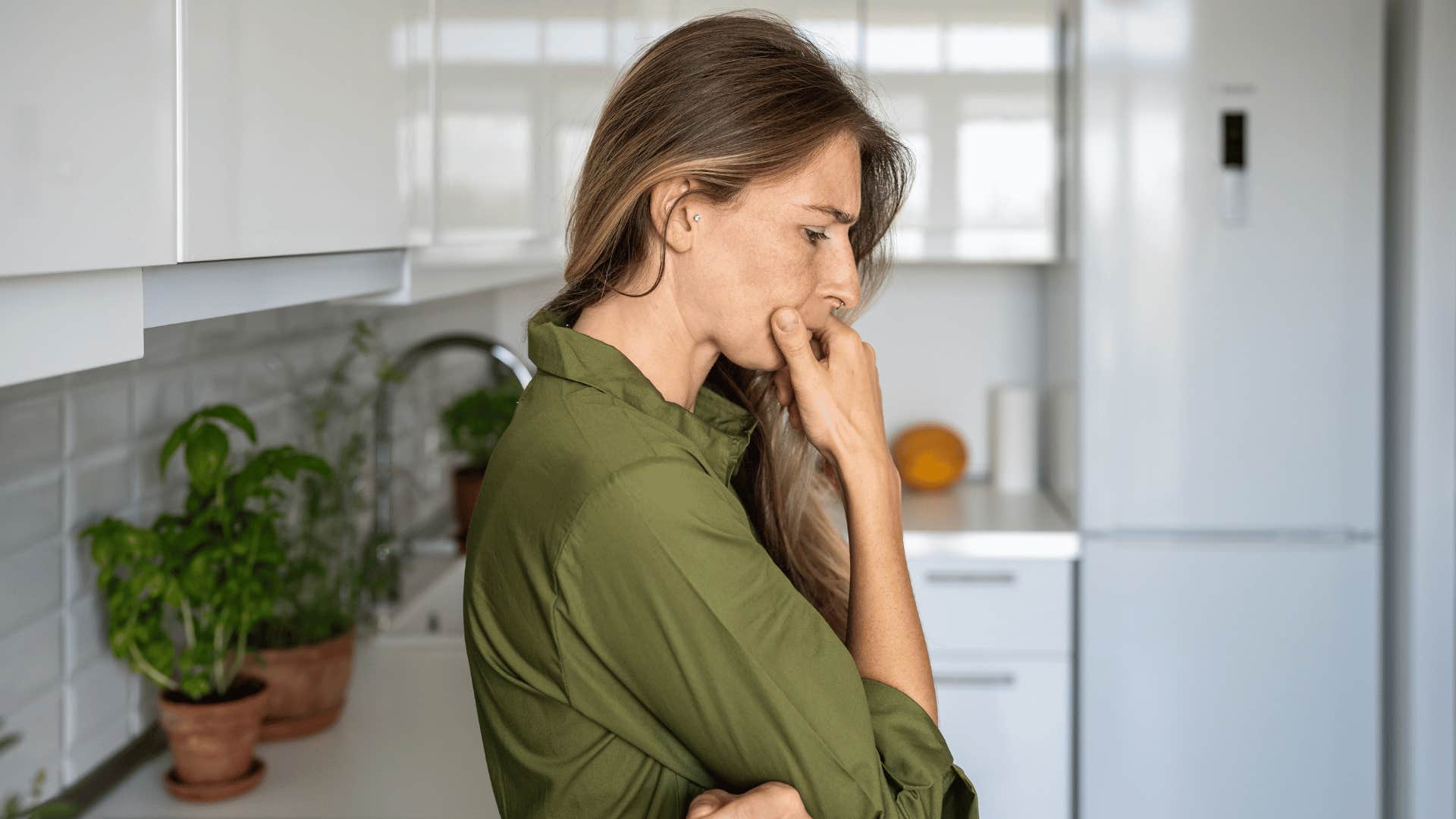 Dima Berlin | Shutterstock
Dima Berlin | Shutterstock
Another question introverts hate being asked is, “Don’t you get lonely?” Everyone gets lonely, and introverts are no different, yet their preference for solitude isn’t directly connected to feeling lonely. As psychology professors Thuy-vy Nguyen and Netta Weinstein explained on the American Psychological Association’s podcast, solitude and loneliness are distinct experiences.
Nguyen defined solitude as “A state of when you are not interacting with another person,” as opposed to “when you feel lonely, and that is when you feel like the social world doesn’t match with what you want it to be.”
“What we tend to forget is, we can feel lonely when we’re in solitude, but we can also feel lonely when we’re with other people,” Weinstein said.
She revealed that solitude can bring people a sense of calm, but like any state of being, people’s feelings about being alone are bound to change.
“What we bring into it is important, and certainly how we experience it, what we’re doing in those moments, how we’re thinking, how we’re dealing with our own emotions, all of those things are going to shape the solitude experience much in the same way that they shape our relationships with other people,” she concluded.
Loneliness can arrive when we least expect it, and as Weinstein made clear, it’s possible to be lonely when other people surround you. Introverts approach being alone positively because it gives them time to be in their world and process everything around them.
3.‘Why don’t you like people?’
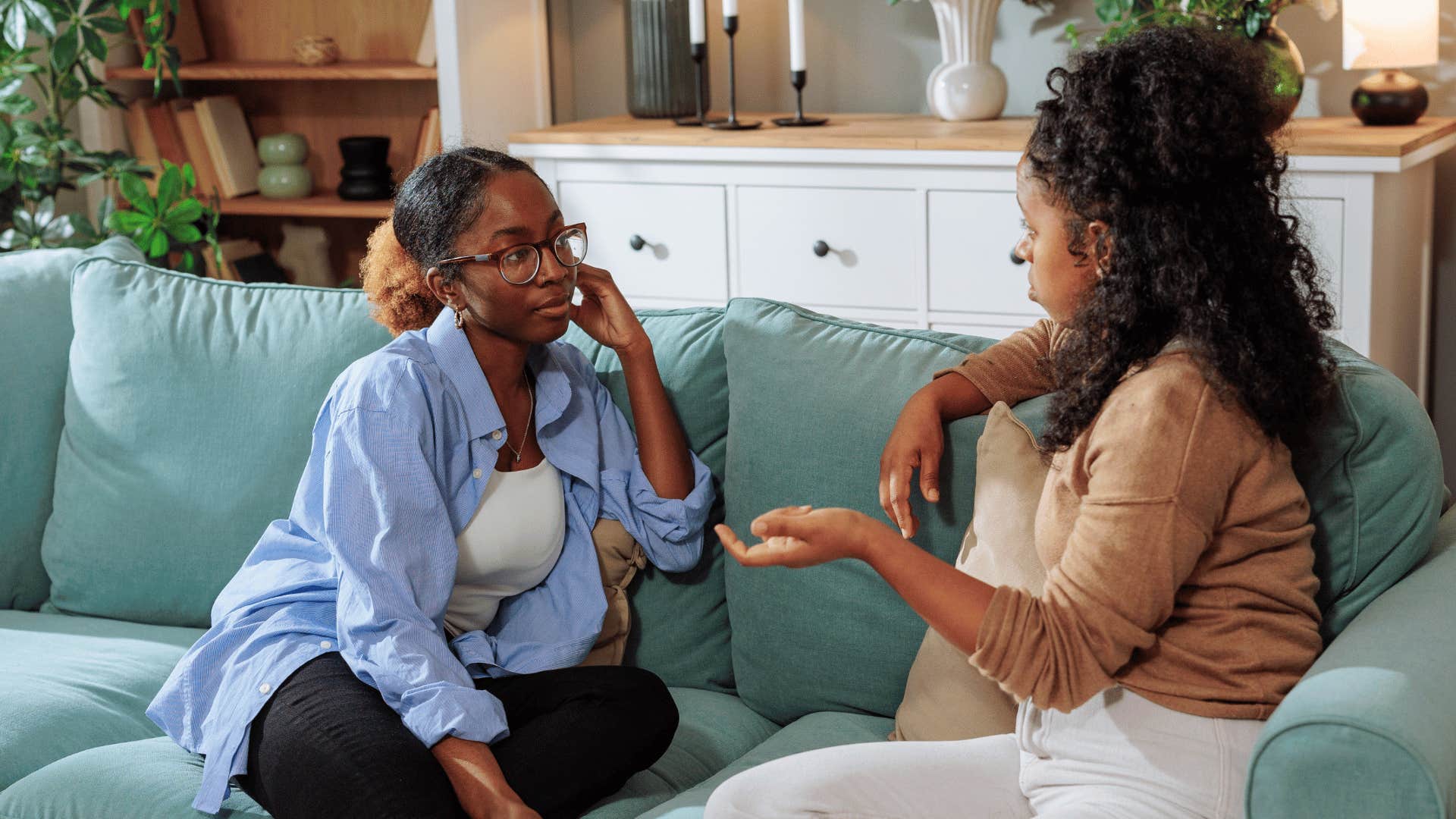 bbernard | Shutterstock
bbernard | Shutterstock
A question introverts hate being asked is, “Why don’t you like people?” This question makes introverts seem antisocial and awkward, yet their introverted nature has nothing to do with how much they like or dislike other people.
An article from Frontiers in Psychology noted that 30 to 75% of the world’s population are introverts. Introverts usually have “low social desire” and tend to withdraw from social activity. Yet an introvert’s avoidance of social situations has more to do with how overwhelmed they feel than with how much they care for people.
The article pointed out that everyone needs social relationships, including introverts. Introverts are more selective about their friendships and need time alone to recalibrate their energy after being with other people.
The article also discussed two different types of introverts: Type A introverts, who are “confident, self-sufficient, and self-actualizing and can interact very well with people,” and Type B introverts, who are “shy, lack communication skills, are timid and withdrawn, and have a low self-concept.”
Just because someone is intentional about who they spend time with, doesn't mean they hate people, it just means they prioritize inner peace over popularity.
4.‘Do you ever have any fun?’
 Ground Picture | Shutterstock
Ground Picture | Shutterstock
Introverts hate being asked, “Do you ever have any fun?” They hate this question because it feels intrusive and displays a very shallow understanding of what introversion means. Susan Cain, author of “Quiet: The Power of Introverts in a World That Can’t Stop Talking,” pointed out that “introversion is more about how you respond to stimulation, including social stimulation.”
“So, extroverts crave large amounts of social stimulation, whereas introverts feel at their most alive and most switched-on and their most capable when they’re in quieter, more low-key environments,” she explained. “Not all the time— these things aren’t absolutes— but most of the time.”
Of course, introverts have fun, even if their definition of fun differs from that of extroverts. They might avoid a crowded bar and choose to read instead, curled up on the couch with a cup of tea. They might skip out on a yoga class to walk in nature alone because that’s what brings them joy.
5.‘Why are you always by yourself?’
 fizkes | Shutterstock
fizkes | Shutterstock
A question introverts hate being asked is, “Why are you always by yourself?” The question is usually asked in a negative, disapproving tone of voice, as though there’s something inherently wrong with them for choosing to be alone.
Introverts need time in solitude to recharge their social battery, but that doesn’t automatically mean they’re a lone wolf without a pack. As life coach Alex Mathers pointed out, the happiest introverts balance being with others and being alone.
Mathers revealed that living a hermit life “is not a wholesome and connected way to live.”
“It is vital to do things you love and enjoy; your most profound bliss is found in moving through those things you fear,” he explained.
“Don’t lose touch with those who matter to you. Be part of a community, even if this is initiated on the web. Find a group of people that support you, to whom you bring value. Do this in small steps if you need to,” Mathers advised.
Introverts don’t have to feel any shame for being alone, but they should also aim for balance since connecting to other people is essential for everyone’s well-being.
6.‘Why do you hate parties?’
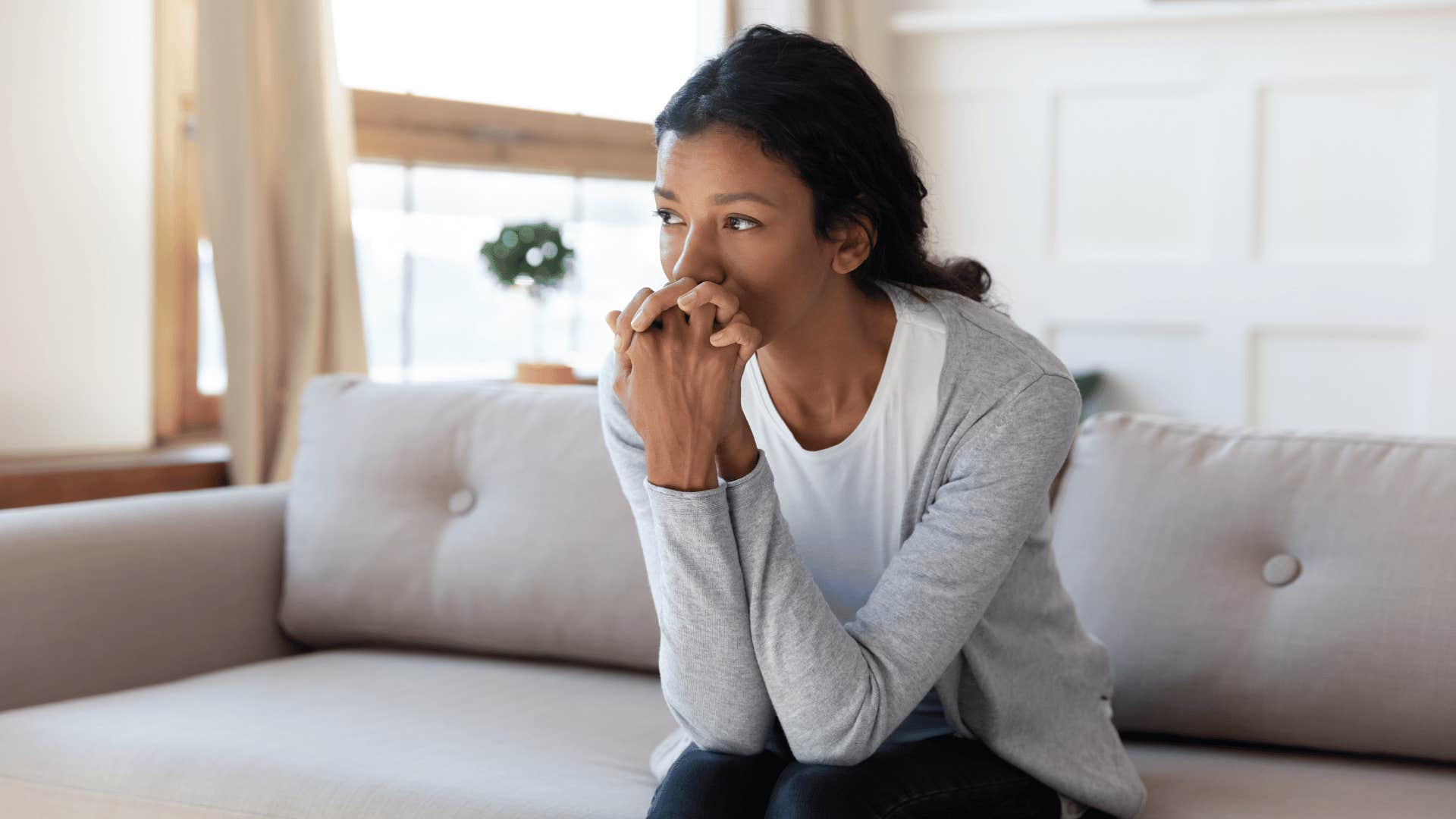 fizkes | Shutterstock
fizkes | Shutterstock
Introverts hate being asked, “Why do you hate parties?” The question is usually asked with disdain, as though a person who doesn’t go to parties is the weirdest person on earth. Introverts don’t necessarily hate parties, yet the energy level of a raucous get-together isn’t really what they’re looking for. They prefer a more intimate experience with people they care about instead of going to a kegger filled with strangers.
Coach Alex Mathers mentioned that being introverted involves being sensitive to external stimulation, such as loud noises and crowded spaces, which are hallmarks of most parties.
“You need to listen to your body and be real with what you need — not with what works for others,” he explained. “Say no to following the crowd if it ultimately stresses your body and soul and makes you miserable.”
7.‘What do you even think about?’
 fizkes | Shutterstock
fizkes | Shutterstock
A question introverts hate being asked is, “What do you even think about?” The answer is both simple and complex: Introverts think about everything.
As coach Alex Mathers noted, “Introverts are internally oriented. We take cues, make decisions, and are inspired mostly by the internal. We love to think. Introverts tend to have a powerful imagination.”
While those traits are positive overall, overthinking can cause introverts significant harm.
“The danger lies in the downward spiral driven by the combination of a negative outlook with obsessive imagination,” Mathers explained. “This is rumination, and it can negatively charge us, making us depressed and anxious.”
He shared that introverts can stop rumination by being aware of their thought patterns and redirecting attention when their minds wander into a dark, obsessive state.
Introverts spend a lot of time in the worlds of their creation, but they can get lost there if they’re not careful.
8.‘Do you have any friends?’
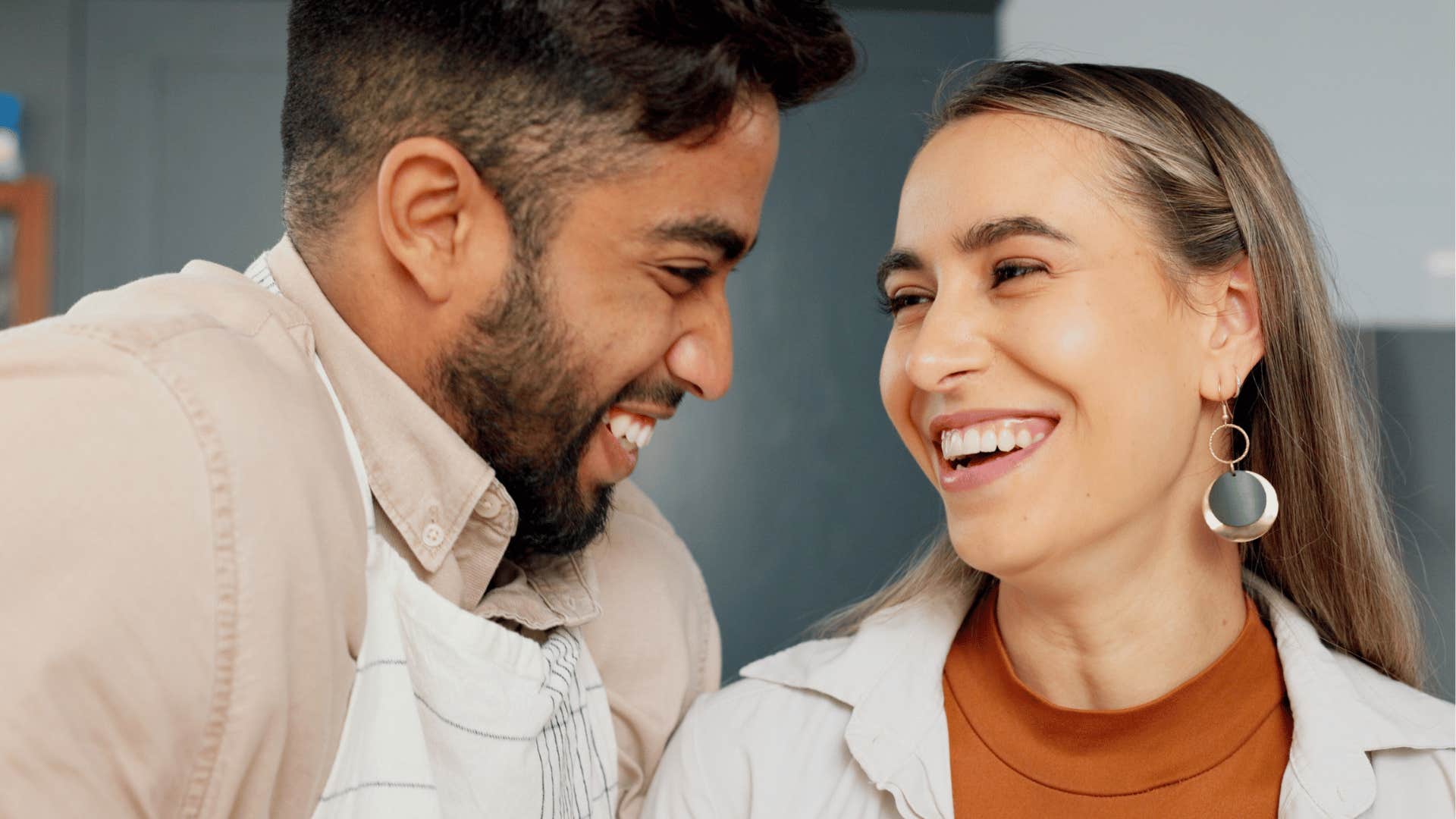 PeopleImages.com - Yuri A. | Shutterstock
PeopleImages.com - Yuri A. | Shutterstock
Another question introverts hate being asked is, “Do you have any friends?” This question frames them as outcasts, as though they have no social skills and no one could ever love them. Introverts might only have a few friends, but they still have friends. They might not fit in with the popular crowd, but they don’t feel like they need to.
Introverts see social connections as something special, which means they aren’t friends with everybody under the sun. They pick their friends carefully. When they spend time with their friends, introverts devote their full attention to them. They don’t seek external validation from other people, which means they’re perfectly content with the friends they have.
9.‘Are you mad at me?’
 Simona Pilolla 2 | Shutterstock
Simona Pilolla 2 | Shutterstock
Introverts hate being asked, “Are you mad at me?” The question is relatively innocuous, but it equates being a quiet, internally oriented person with being angry, which isn’t the case. Yet there’s a more significant, overarching reason why introverts hate this question: It assumes they’re responsible for managing other people’s emotions, which isn’t their job.
Every person on this planet is the owner of their existence, meaning we cannot expect anyone but ourselves to regulate our emotions. Introverts might not be mad at the person asking that question, but they also don’t want to deal with making that person feel better about themselves, either.
10.‘Can’t you just come out for a little bit?’
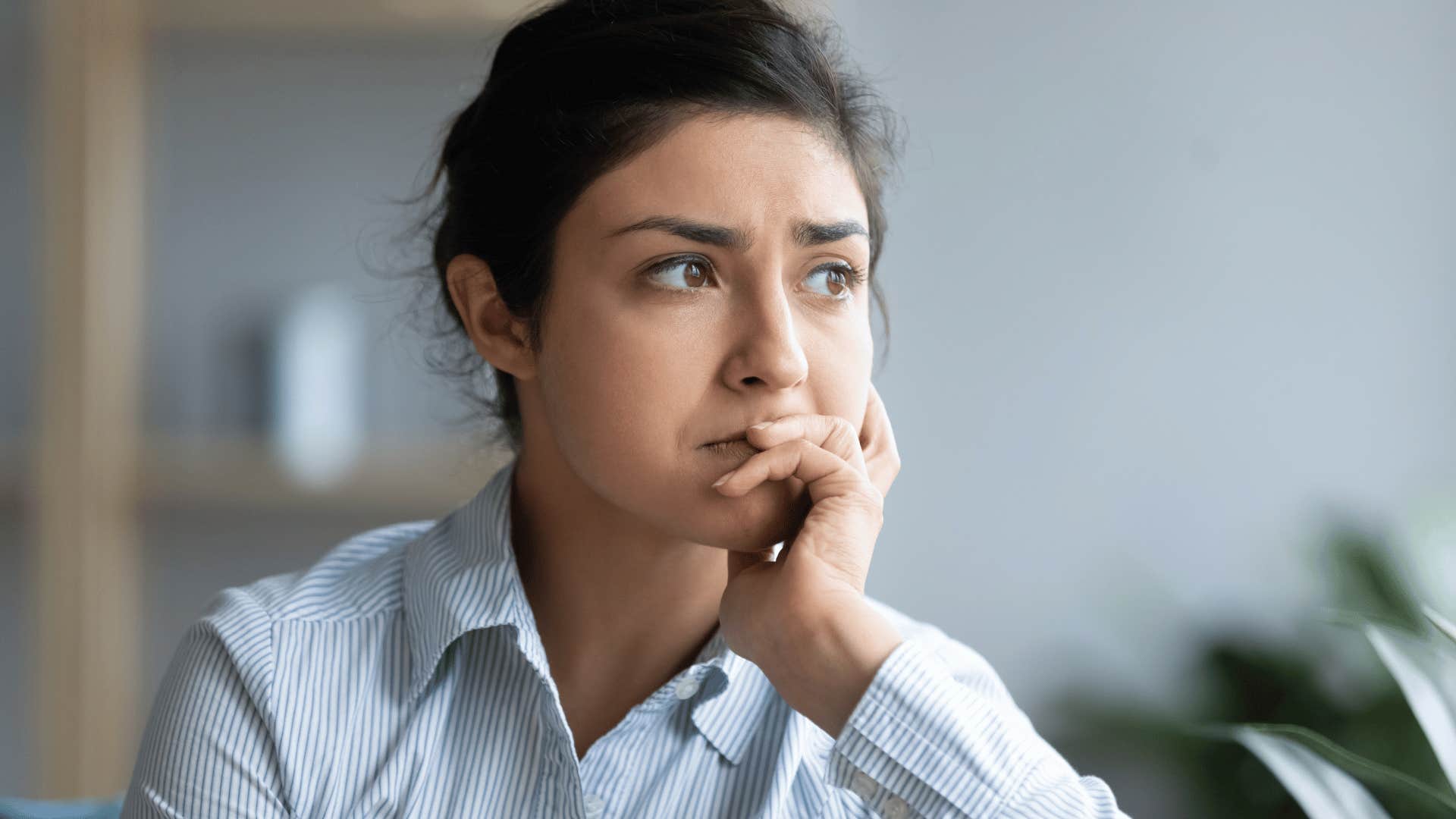 fizkes | Shutterstock
fizkes | Shutterstock
A question introverts hate being asked is, “Can’t you just come out for a little bit?” This question is peak peer pressure, which is never a healthy vibe. It’s always important for people’s actions to fit into their system of values, and for introverts, that can mean turning down invitations so they can spend time on their own.
Among his tiny life tips for introverts, Alex Mathers advised introverts to own who they are and honor what they need.
“Do not allow others to pressure you into doing things you don’t want to do if it doesn’t align with what genuinely brings you to life,” he advised.
Saying “yes” when you want to say “no” doesn’t serve anyone. Standing up to outside pressure isn’t always easy, but it is the most truthful way to live.
11.‘Do you feel left out?’
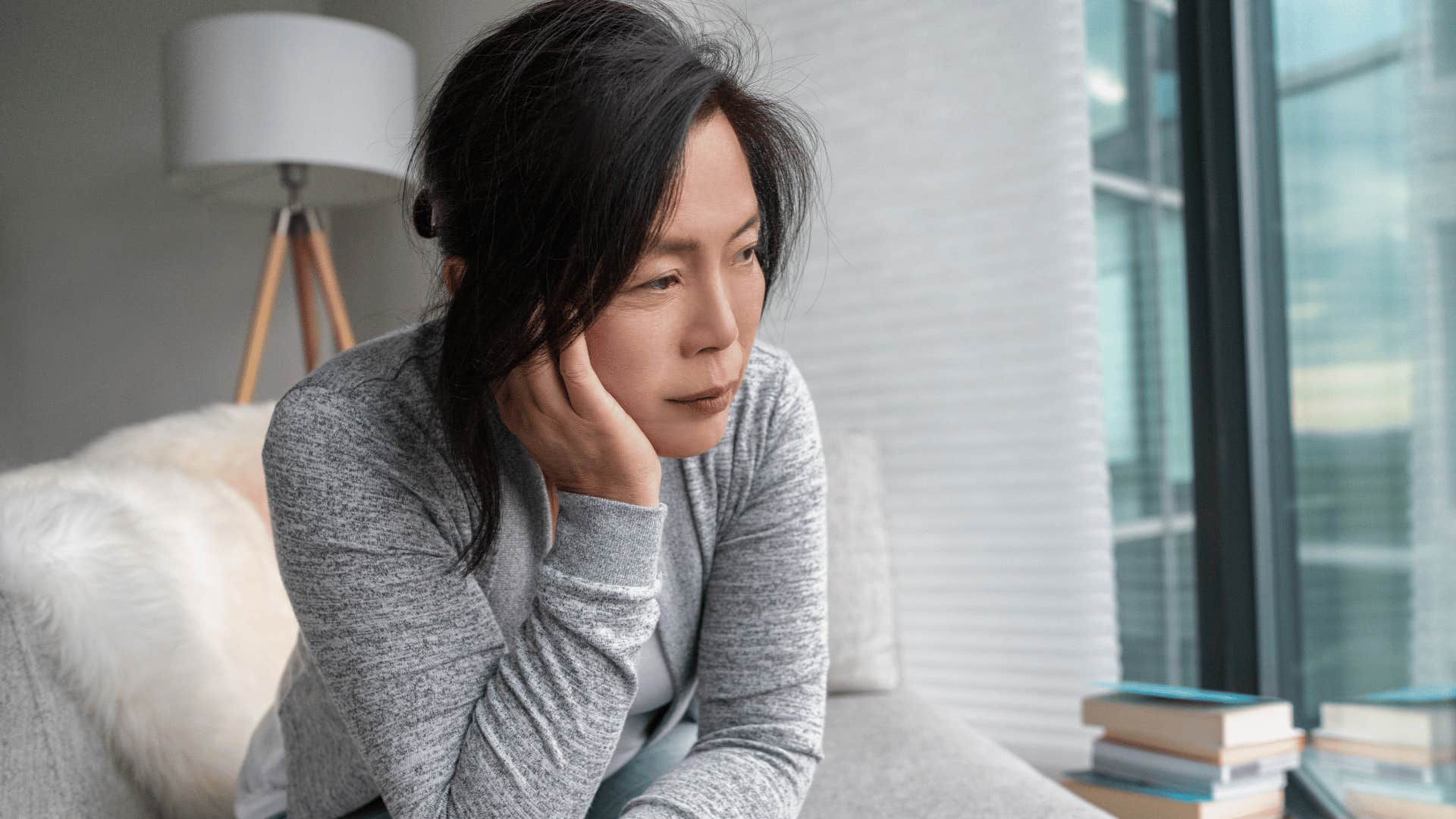 Maridav | Shutterstock
Maridav | Shutterstock
Introverts hate being asked, “Do you feel left out?” The question is usually asked by someone who already has an answer in mind, which is that they feel left out; how could they not? Yet finding strength and peace on your own and feeling left out stem from different experiences of being alone, both of which are possible throughout a lifetime.
When introverts feel left out, they harness their thoughtful superpowers to soothe themselves, which Alex Mathers described as nurturing a quiet self-compassion.
“Finding compassion for ourselves comes naturally when we stop self-berating via our thoughts,” he shared. “A stiller mind creates the perfect environment for compassion. We can encourage this by looking for evidence to support the truth that we are worthy of compassion.”
Every person is worthy of compassion, just by being a person, including introverts.
12.‘How do you expect to meet someone if you’re so quiet all the time?’
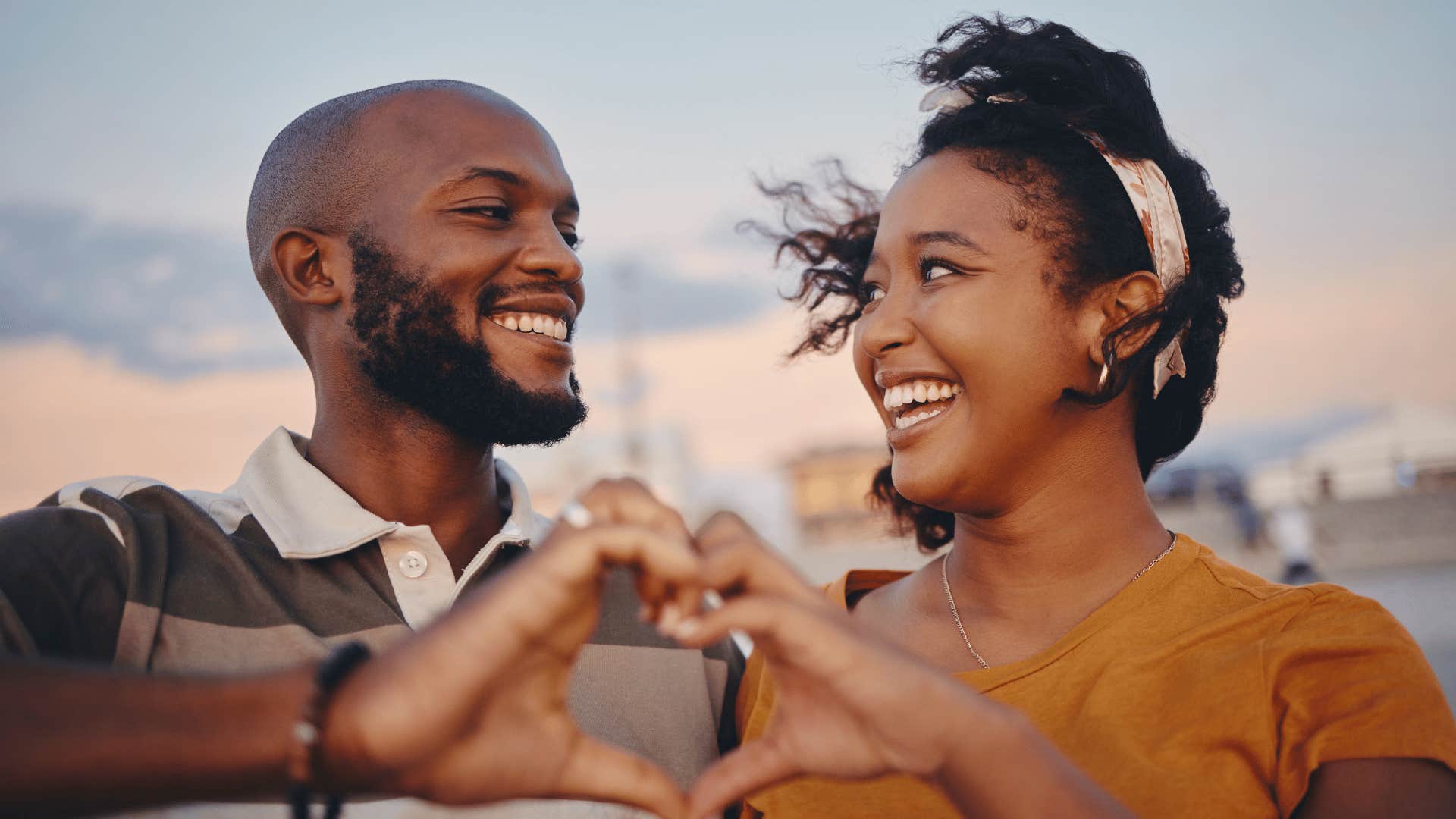 PeopleImages.com - Yuri A. | Shutterstock
PeopleImages.com - Yuri A. | Shutterstock
A question introverts hate being asked is, “How do you expect to meet someone if you’re so quiet all the time?” The question makes it seem like the introverts themselves are the problem, that their personality is the reason they can’t find a partner, which just isn’t true.
Psychologist Dr. Perrin Elisha pointed out, "Introverts have a unique set of needs when it comes to dating. This is because introverted people require much time to regenerate and feel healthy.”
Yet she also noted that “a human's primary need is for warmth, connection, belonging, understanding, and the meaning of a role in one’s world” while explaining that introverts will inevitably go about the dating process in a way that honors their need for being alone.
“Dating is, by nature, an external attention grabber,” she revealed, which can make the experience challenging for more introverted people, who “need freedom from external distractions to go inside, solve problems, think things over, and integrate your experiences or interactions.”
“If you give yourself this downtime, you will feel more open, invigorated, and available to connect,” Dr. Perrin concluded.
By approaching dating with the same thoughtful consideration they approach the rest of their lives, introverts won’t end up alone forever — unless, of course, that's exactly what they want.
Alexandra Blogier, MFA, is a staff writer who covers psychology, social issues, relationships, self-help topics, and human interest stories.

